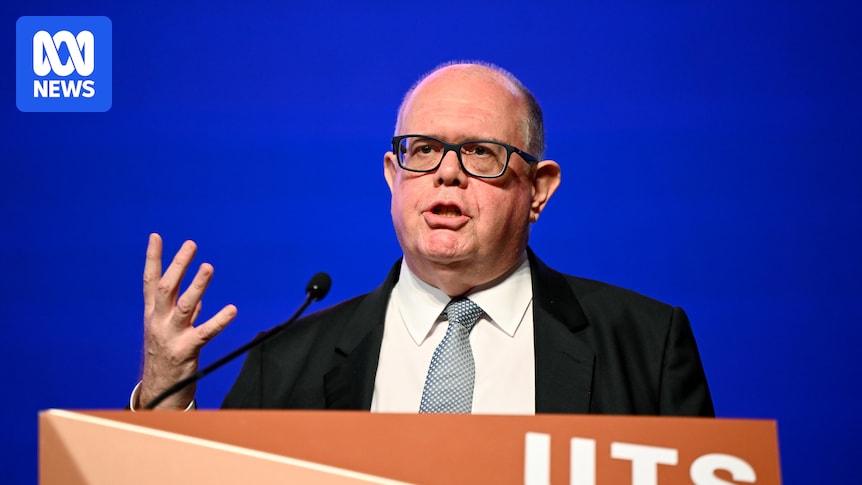
As the University of Technology Sydney (UTS) navigates significant financial challenges, leaked documents have revealed that five senior executives spent over $140,000 on a trip to the United States in May. This expenditure comes at a time when UTS is preparing to lay off 10% of its workforce, sparking controversy and criticism.
The documents, obtained under freedom of information laws and leaked to ABC News, show that three of the executives, including Vice-Chancellor Andrew Parfitt, flew business class. The cost of their flights, including domestic travel within the US, ranged from $21,000 to $23,000 per person. The trip was part of the university’s efforts to engage with alumni and potential donors through events in Los Angeles and New York.
Cost-Cutting Measures and Alumni Engagement
Vice-Chancellor Parfitt is at the helm of the Operational Sustainability Initiative (OSI), a cost-cutting drive aimed at saving UTS $100 million annually. Despite these efforts, the university is facing the prospect of 400 job losses and course reductions, as discussed in a recent town hall meeting.
The trip’s accommodation expenses ranged from $3,000 to $5,000 per executive. While UTS did not disclose the trip’s duration, the two main alumni events were held just two days apart. A UTS spokesperson defended the trip, stating that alumni events are “important” and that senior leaders’ involvement is determined by necessity.
“The 2025 visit and functions were particularly important to nurture during a time of flux in US policies towards funding and collaboration with the higher education sector,” the spokesperson said.
Union Criticism and Broader Sector Challenges
The National Tertiary Education Union (NTEU) has criticized the spending, with national president Dr. Alison Barnes describing it as “deeply shocking” amidst the impending job cuts. According to Dr. Barnes, the optics of executives enjoying business class flights and luxury receptions are damaging to the university’s reputation.
“It’s deeply shocking at a time when a university is crushing the livelihoods of a significant proportion of staff,” Dr. Barnes said. “It’s a terrible look to be enjoying business class flights, to be having fancy canapes in New York because you’re looking at really damaging the fabric of UTS.”
The university sector is currently campaigning for increased government funding for teaching and research. Dr. Barnes argues that while more funding is necessary, it should be directed towards educational purposes rather than executive travel.
Governance and Accountability in Higher Education
This incident has brought university governance under scrutiny, coinciding with a Senate inquiry into transparency and accountability across the sector. The inquiry has already uncovered instances of wage theft, with some institutions repaying millions in unpaid wages.
Labor senator Tony Sheldon, who chaired the inquiry, emphasized the need for thoughtful decision-making by university administrations, particularly when proposing significant job cuts.
“It’s vital for university administrations to be thoughtful about their decisions, particularly if, like UTS, they are proposing to cut hundreds of jobs,” Mr. Sheldon said. “Staff are living with uncertainty, and students are being told to expect less.”
Future Implications and Sector Outlook
The revelations about UTS come at a time when Australian universities are facing a funding crisis, with many institutions seeking greater government support. The average annual salary for vice-chancellors across Australia’s 38 public universities now exceeds $1 million, adding to the debate over resource allocation.
As the sector grapples with these challenges, the focus remains on balancing financial sustainability with the need to support staff and students. The UTS executives’ trip has highlighted the tensions between strategic engagement and fiscal responsibility, raising questions about the priorities of higher education institutions in Australia.







